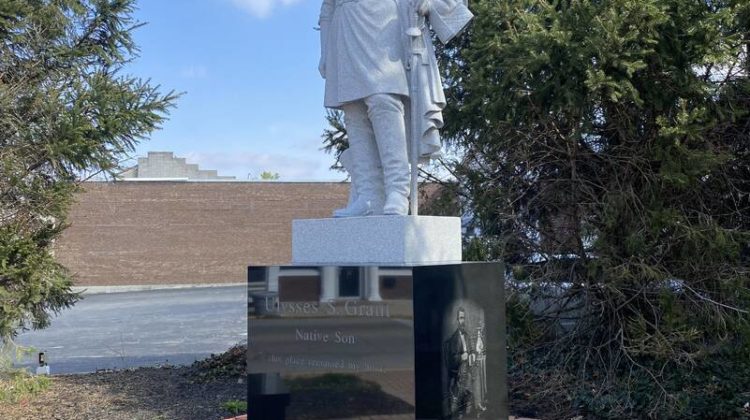
By Jane Beathard
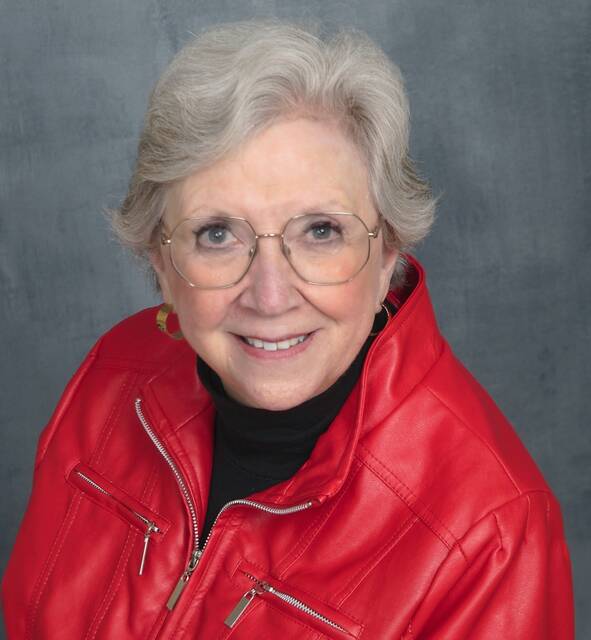
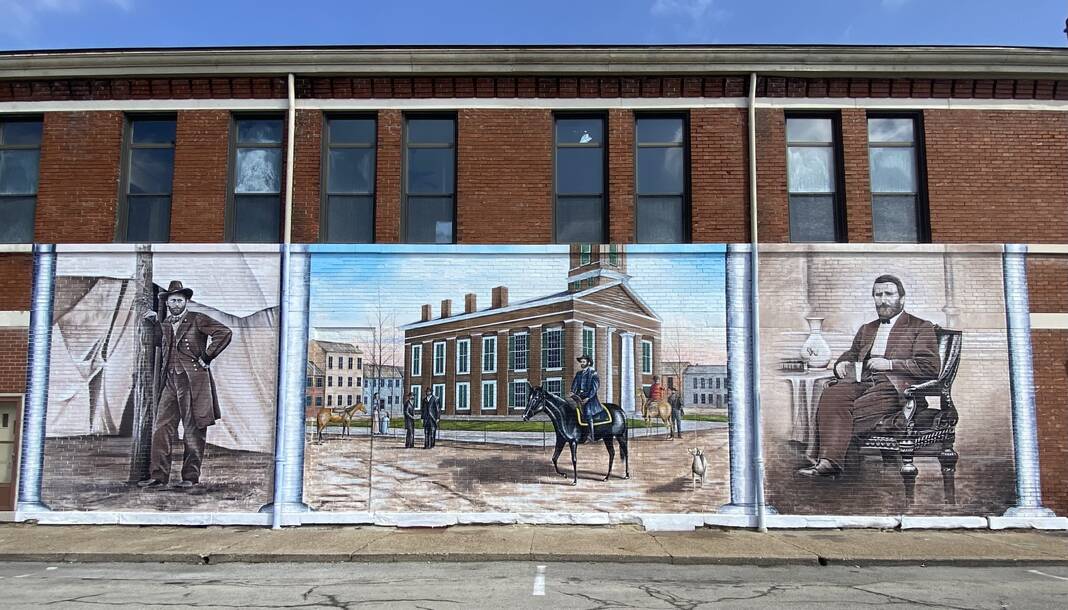
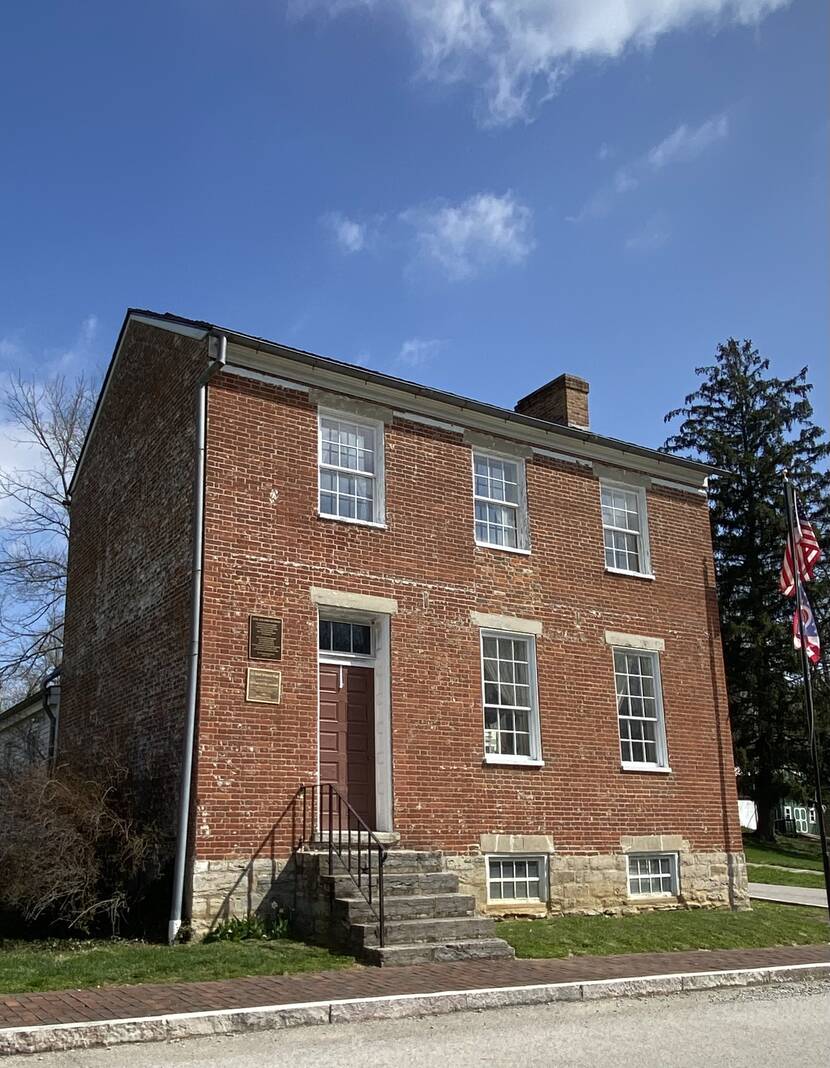

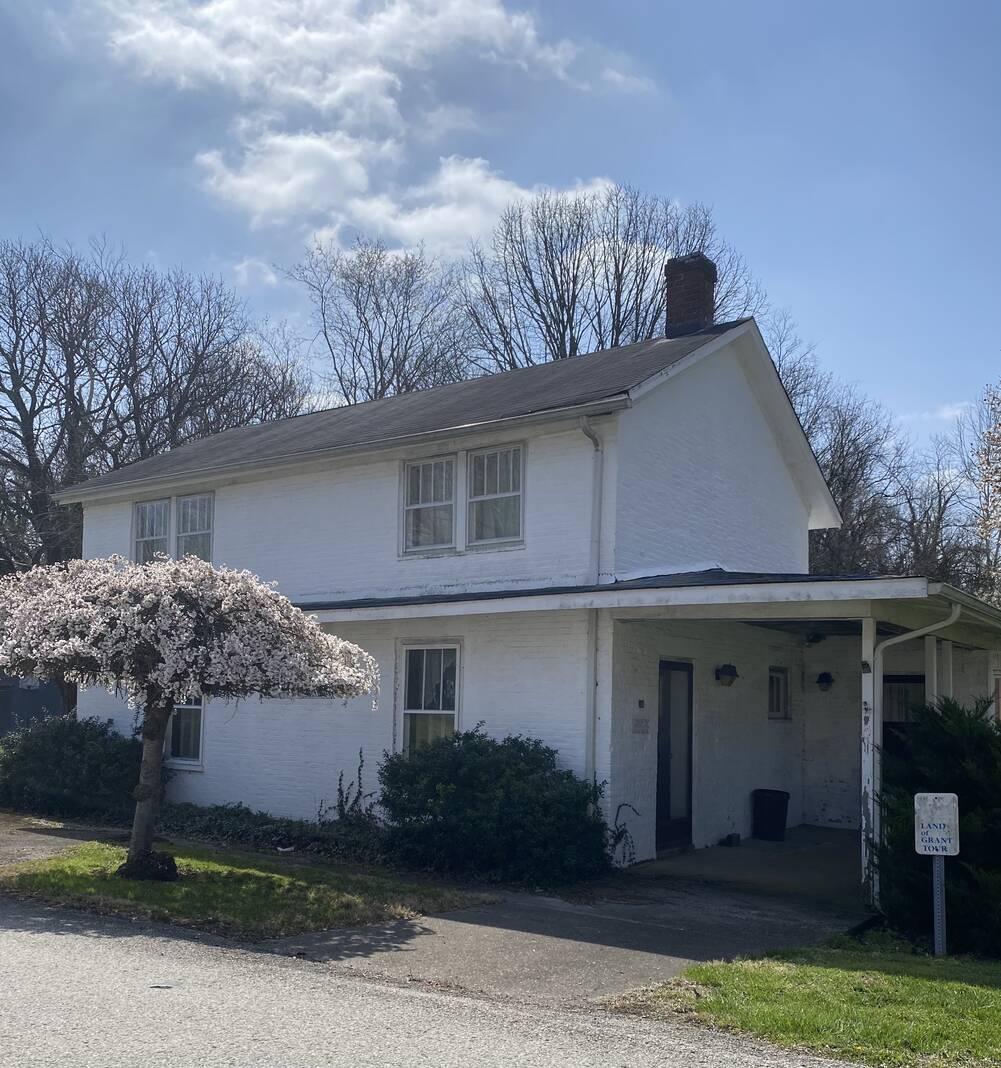
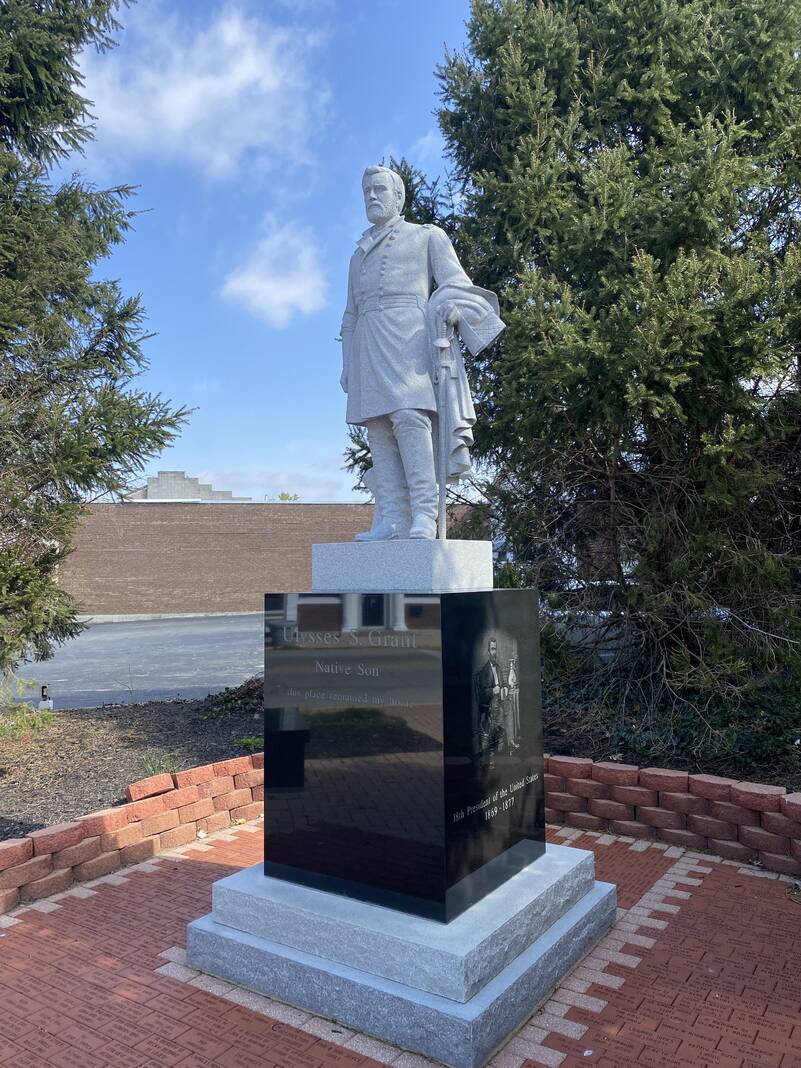
He was a husband, father, businessman, general, 18th U.S. president and in the late 1800s the most popular public figure in the U.S.
Hiram Ulysses Grant was also an Ohio native – born exactly 200 years ago in Pt. Pleasant in Clermont County.
Grant’s father, Jesse, moved his family to Georgetown in Brown County when Grant was an infant. And it’s that town that remembers him proudly and is planning a year of celebrations to mark the bicentennial birthday.
Those celebrations include lectures, concerts, plays, re-enactments and tours of Grant’s boyhood home and schoolhouse – now preserved as memorials.
Planning for the birthday began in the fall of 2020, according to Stan Purdy of the U.S. Grant Homestead Association. It involved representatives from Brown, Adams and Clermont counties who all feel a stake in Grant’s history.
Purdy said Georgetown and its surroundings have celebrated Grant’s April 30 birthday every year since 1972 with a special observance on the 175th birthday in 1997.
Grant’s papers and letters, now preserved in his presidential library at Mississippi State University, reveal a complicated personality and a man whose life had both high and low points.
In his youth, Grant made a pact with his father, a successful farmer and businessman, to work on the father’s farm until age 21. Grant wasn’t crazy about farming, but he developed a love of horses there and became a skilled equestrian.
That love served him well at West Point where his skill with horses earned him a jumping record that stood for 25 years.
“There’s a statue of Grant on a horse that is still at West Point,” Purdy said.
Initially, he didn’t want to go to West Point. And his road to the military academy at age 17 was a winding one, Purdy noted.
Another area resident with political pull actually got the appointment but dropped out of the military academy within a year. Jesse Grant pushed to have his son named replacement and Grant reluctantly agreed to go to New York in 1837. It was there he picked up the moniker Ulysses S. Grant, although the “S” stands for nothing.
He graduated 29th in a class of 39 in 1842. Many of his schoolmates were the men he would eventually face on the Civil War battlefield.
He became quartermaster of the 4th Infantry and distinguished himself on the front lines during the Mexican-American War. He was promoted to captain and once the war ended was assigned to different posts in California and Washington D.C.
He married the sister of a West Point classmate, Julia Dent, in 1848. She was from a slave-holding family in Missouri, while Grant’s family were staunch abolitionists. Despite political and philosophical differences and long separations, the marriage worked and produced four children.
Grant eventually resigned from the military in order to manage a tannery and store that his father
owned in Galena, Illinois.
He stayed with that store until 1861 when the north prepared to confront successionists in the south. He re-joined the army as a colonel and initially trained volunteers in Illinois. He moved up to general on the western front and caught President Lincoln’s attention after victories at Shiloh and Vicksburg.
Lincoln had already appointed and dismissed nearly a dozen generals charged with overseeing the Union Army. Most were hesitant to meet the Confederates head-on and disliked taking direction from Lincoln who, as commander in chief, set policy for the entire war, Purdy said.
But Lincoln and Grant shared Midwest backgrounds and Lincoln liked Grant’s strategy of keeping the Confederates busy in several areas and on a variety of battlefields.
“That way, they (Confederates) could not ship soldiers around,” Purdy said.
Grant wanted to attack Confederate General Robert E. Lee from the south and sever his supply lines. The strategy worked and Lee surrendered his Army of Northern Virginia at Appomattox on April 9, 1865. That effectively ended the war, although fighting continued for a month on other fronts.
Grant, sensing it was important to re-unify the country, was kind to Lee and his men at the surrender, Purdy said.
“Grant’s philosophy was ‘Let them up easy,’” Purdy noted.
Grant’s popularity soared after the Union victory.
But his relationship with President Andrew Johnson, who moved to the White House following Lincoln’s assassination, was sour. And the general led a wing of the Republican Party against Johnson in the 1868 election.
Grant was elected president that year. But his eight-year tenure in the White House was anything but spectacular. His administration was filled with scandal and corruption, illustrating the fact that Grant was a military commander, but not a civil administrator.
His popularity with average people did not dim, however. And he was considered the most popular man in America in the late 1800s, Purdy said.
He lived out his life in New York, working in his son’s investment company. But Grant had no head for business and was in a financial pinch until he wrote his memoir just prior to his death from throat cancer in 1885.
Purdy believes Grant returned to his Ohio roots only two or three times after leaving the military. But he continued to correspond with an old friend named Betsy King who lived in Georgetown.
ID, 'source', true); $sourcelink = get_post_meta($post->ID, 'sourcelink', true); $sourcestring = '' . __('SOURCE','gabfire') . ''; if ($sourcelink != '') { echo "
$sourcestring: $source
"; } elseif ($source != '') { echo "$sourcestring: $source
"; } // Display pagination $args = array( 'before' => '' . __('Pages:','gabfire'), 'after' => '
', 'link_before' => '', 'link_after' => '', 'next_or_number' => 'number', 'nextpagelink' => __('Next page', 'gabfire'), 'previouspagelink' => __('Previous page', 'gabfire'), 'pagelink' => '%', 'echo' => 1 ); wp_link_pages($args); // Display edit post link to site admin edit_post_link(__('Edit','gabfire'),'','
'); // Post Widget gab_dynamic_sidebar('PostWidget'); ?>